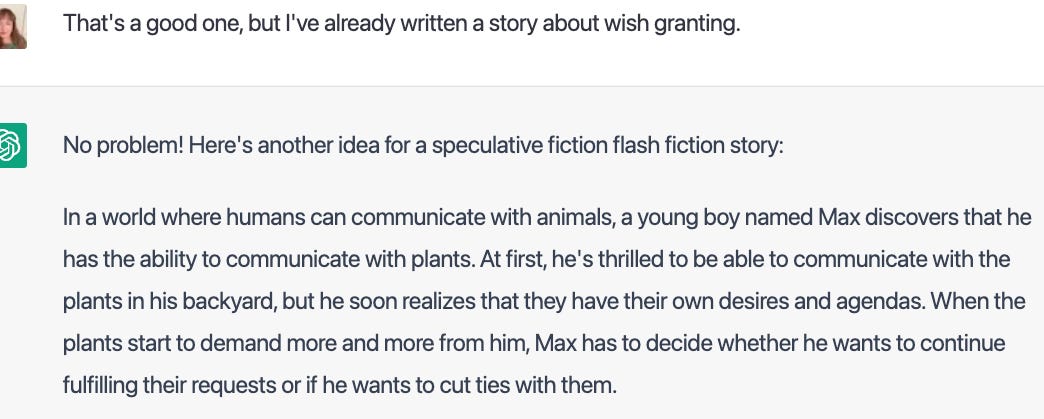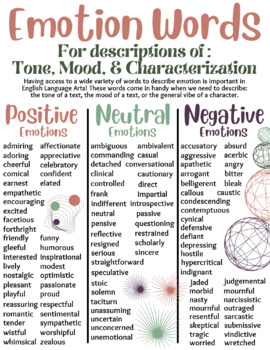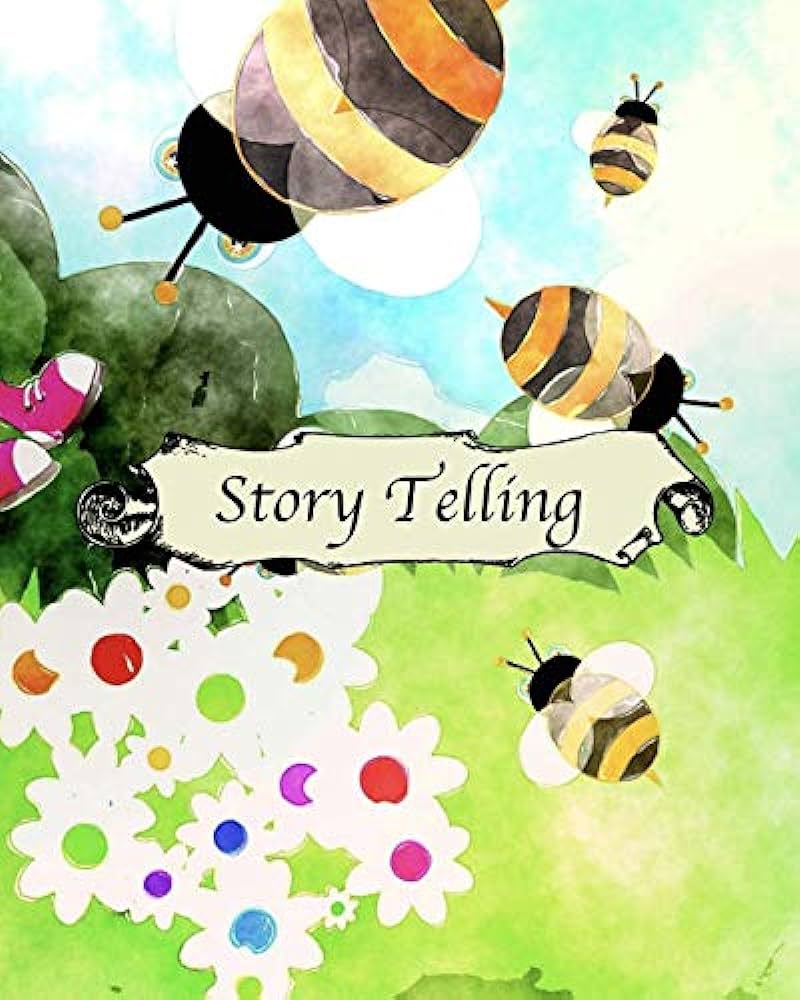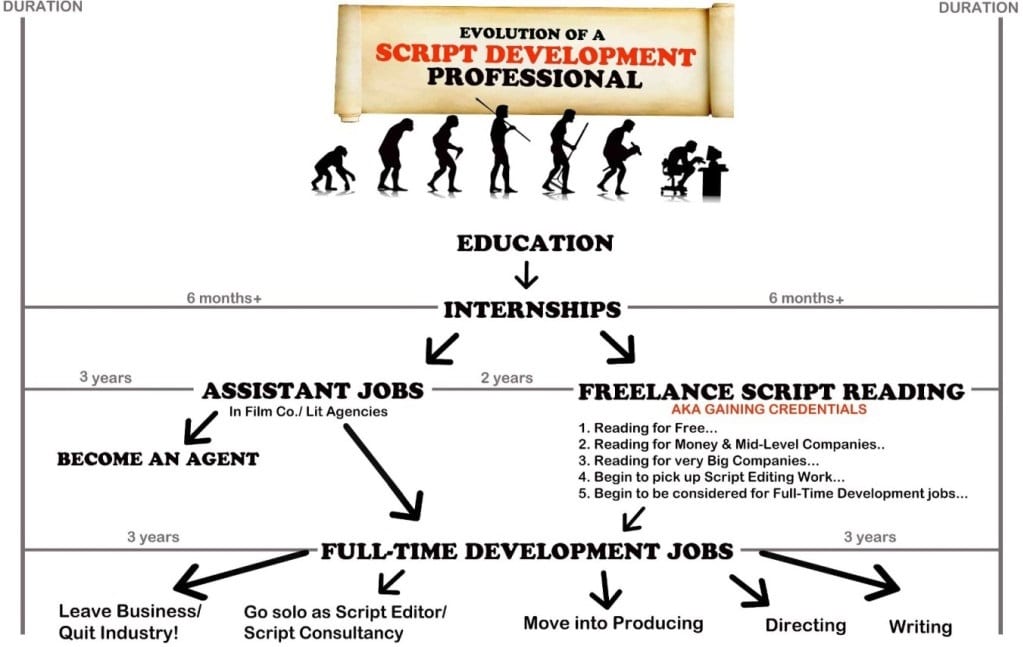Title: Unlocking the Secrets of Genre-Specific Writing: A Comprehensive Guide
Introduction:
Welcome to our blog! If you’re an aspiring writer or someone looking to improve their writing skills, you’ve come to the right place. In this post, we’ll dive into the secrets of genre-specific writing and provide you with actionable tips to enhance your writing abilities. Whether you’re interested in crafting captivating mystery novels, spine-chilling horror stories, or heartwarming romance novels, we’ve got you covered. So, let’s unlock the secrets and take your writing to new heights!
1. Understanding Genre-Specific Writing:
Genre-specific writing involves tailoring your writing style, plot elements, and characters to a specific genre’s conventions and expectations. Each genre has its own unique characteristics and reader preferences. Familiarizing yourself with popular genres will help you craft compelling and targeted stories.
2. Researching Your Chosen Genre:
Immerse yourself in the genre you wish to write. Read widely within that genre to understand the tropes, themes, and typical characterizations. Analyze successful books and authors in the genre to identify common patterns and techniques. Online bookstores, reputable review sites, and author forums can be great resources for finding popular and well-regarded works.
3. Mastering Plot and Structure:
Every genre has its preferred plot structures and pacing. Research and identify the typical story structures for your chosen genre. This will help you create a compelling framework that will engage readers from start to finish. For instance, mysteries often involve a puzzle to be solved, while romances revolve around the development of a romantic relationship.
4. Crafting Engaging Characters:
Developing relatable and multi-dimensional characters is crucial in genre-specific writing. Understand the typical character archetypes in your genre and create complex, believable characters that readers can connect with emotionally. For example, in fantasy writing, having a hero who embarks on a high-stakes quest is a common archetype.
5. Setting and Atmosphere:
The setting and atmosphere play significant roles in genre-specific writing. They transport readers into a distinct world and create the desired mood. Pay attention to the details that evoke the genre effectively. Whether it’s a spooky haunted house or a futuristic spaceship, make sure your setting aligns with the genre’s expectations.
6. Mastering Language and Tone:
Language and tone set the mood and enhance the reading experience. Adapt your writing style, vocabulary, and tone to match the genre. A horror story may require a suspenseful and ominous tone, while a romantic comedy will benefit from a lighthearted and witty style.
7. Originality and Innovation:
While adhering to genre conventions is important, injecting originality and innovation into your writing can make your work stand out. Find ways to introduce unique elements and unexpected twists within the established framework of your chosen genre. This will captivate readers and keep them hooked until the very end.
Conclusion:
By unlocking the secrets of genre-specific writing, you’ll be equipped with the tools to create captivating stories that resonate with readers of your chosen genre. Remember to research, understand, and engage with the conventions and expectations specific to each genre. With practice and experimentation, you’ll be able to craft compelling narratives that leave a lasting impression. Now, go forth and unlock your writing potential!
We hope you found this blog post valuable for your writing journey. If you have any questions or insights to share, feel free to leave a comment below. Happy writing!











